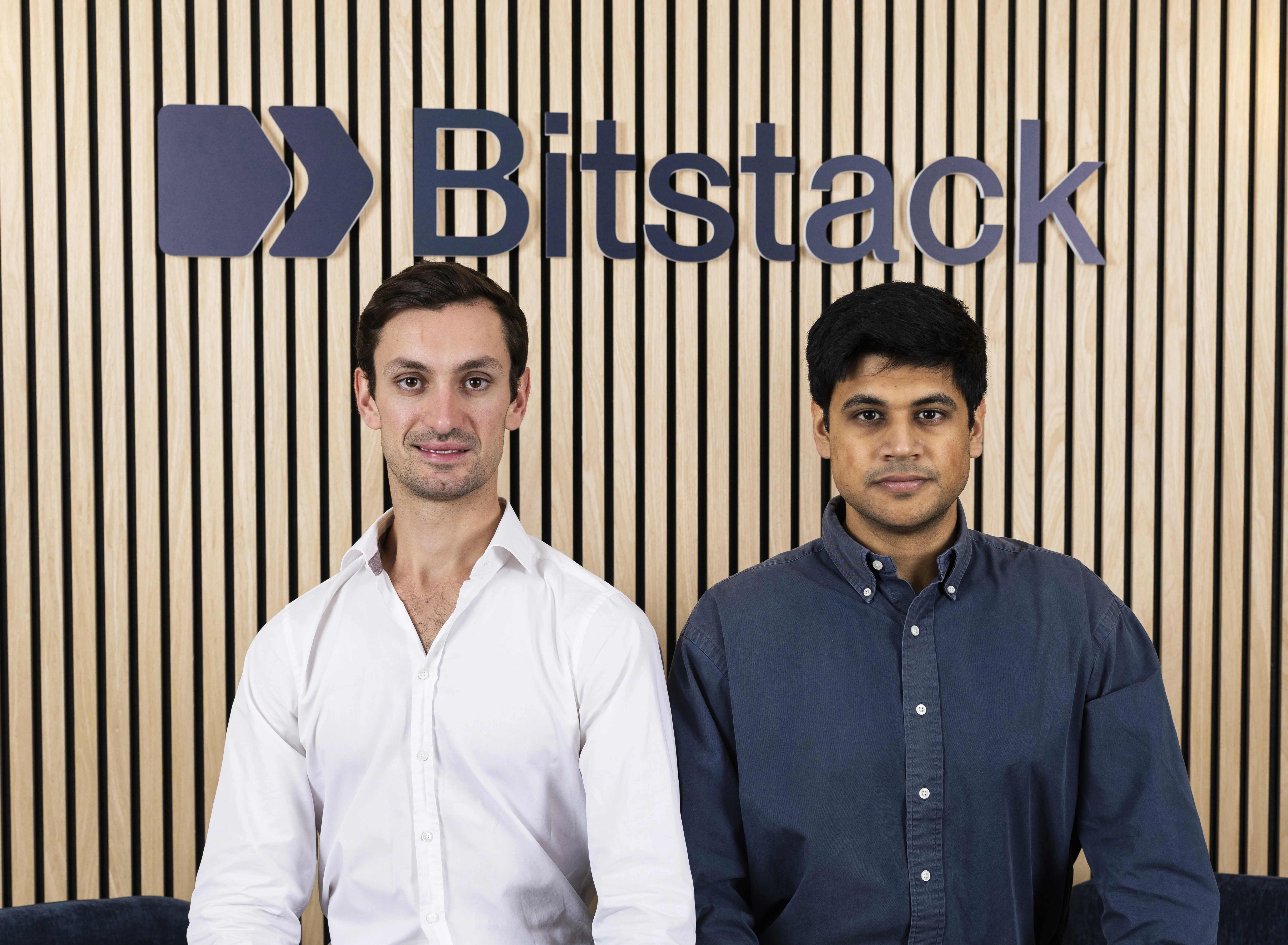London-based cybersecurity startup Theodosian, which secures files with built-in encryption and compliance controls, has announced a $1.3 million pre-seed funding round led by Fuel Ventures to launch Version 1.
- Established in 2025 by Andy Johnson and Brendan Diaz, Theodosian, Inc. develops a file-level encryption and compliance platform that protects enterprise data across storage, sharing, and transfer.
- It encrypts individual files using AES-256 with FIPS 140-3 validation and attaches security controls to the data, ensuring protection travels with each file. Access is managed through dynamic role- and attribute-based controls, allowing only authorized users on approved devices and locations.
- The system continuously verifies compliance with standards including CMMC, ITAR, and FedRAMP, provides real-time monitoring and audit-ready logs, and integrates with existing cloud storage, file systems, and endpoints without requiring migrations.
- The firm reports that it performs 20–30 compliance checks per file, supports granular permission management, and is designed to meet DCC and CMMC requirements, maintaining protection no matter where the data moves.
Details of the deal
- The investment was led by Fuel Ventures, a London-based venture capital firm that invests in early-stage tech startups, with ticket sizes typically ranging between £250,000 and £3 million.
“Theodosian is building the future of enterprise cybersecurity. Their unique approach embeds protection where it matters most, at the data level, while staying laser-focused on compliance. We’re excited to back this exceptional team from day one," claims Mark Pearson, Founder of Fuel Ventures.
- The pre-seed round also saw participation from D11Z Ventures, 1818 Venture Capital, Heartfelt, Startup Wise Guys, and several high-profile angel investors.
- Theodosian will use the $1.3 million funding to launch Version 1 of its file-level encryption and compliance platform, expand its team and infrastructure to support enterprise clients, and enhance product capabilities such as granular permission management and continuous verification to meet evolving regulatory standards like DCC and CMMC.




